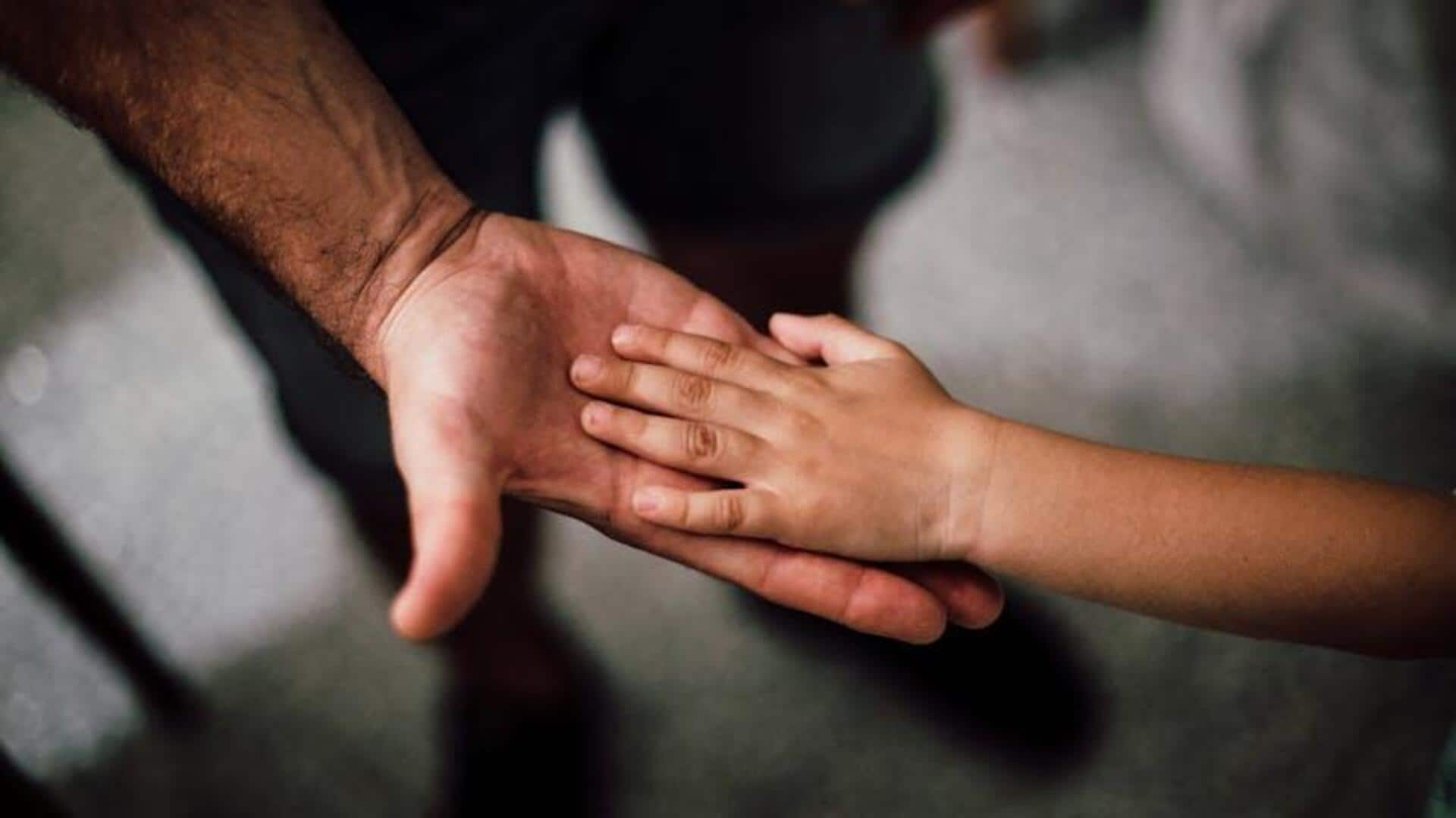
How family volunteering can help kids build self-esteem
What's the story
Family volunteering is an amazing way to boost a child's self-esteem. By engaging in community service, kids learn the importance of empathy, responsibility, and teamwork. These experiences not only help them feel good about themselves but also teach them valuable life skills. Whether it's helping out at a local shelter or participating in a clean-up drive, family volunteering can make a significant difference in a child's confidence and social awareness.
Tip 1
Encourage teamwork and cooperation
Participating in group activities during family volunteering helps children understand the importance of working together towards a common goal. When they see their contributions making a difference alongside others, it boosts their sense of belonging and self-worth. Teamwork teaches kids how to communicate effectively and resolve conflicts, which are essential skills for building self-esteem.
Tip 2
Develop empathy through service
Volunteering exposes children to different life situations and challenges faced by others. This exposure fosters empathy by helping them understand perspectives outside their own. When kids engage in acts of kindness, they develop compassion and learn that everyone deserves support. This understanding enhances their emotional intelligence and self-esteem by making them feel connected to the community.
Tip 3
Build problem-solving skills
Family volunteering often involves tackling real-world problems that require creative solutions. When children participate in these activities, they learn how to think critically and adapt to new situations. Solving problems as part of a team gives them confidence in their abilities and reinforces the idea that they can make meaningful contributions to society.
Tip 4
Enhance communication abilities
Interacting with diverse groups during volunteer work helps kids improve their communication skills. Whether it's speaking with peers or adults from different backgrounds, these experiences teach children how to express themselves clearly and listen actively. Improved communication abilities lead to better relationships with others, which positively impacts their self-esteem.
Tip 5
Foster a sense of accomplishment
Completing tasks during family volunteering provides children with tangible evidence of their contributions. This sense of accomplishment reinforces the idea that they are capable individuals who can make a difference. Recognizing their efforts boosts their confidence and encourages them to take on new challenges, both inside and outside the realm of volunteering.